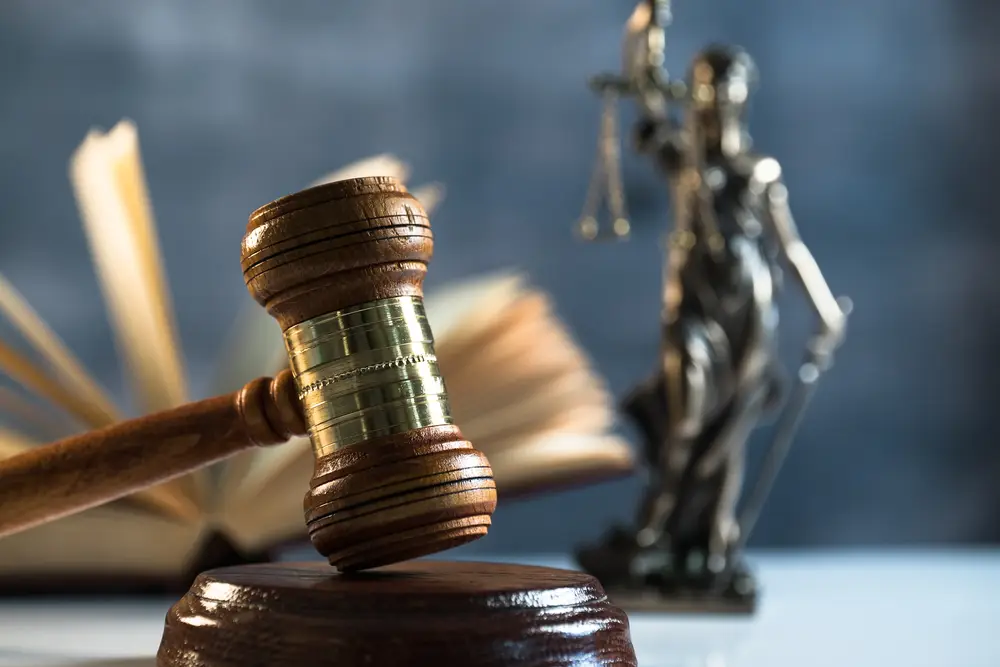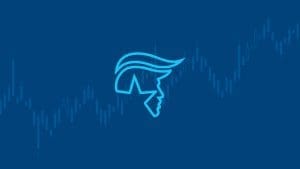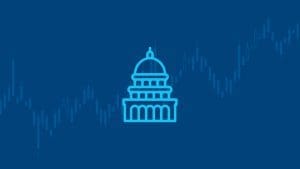State legislators got a crash course in the ongoing lawsuits over sports contracts last Thursday. The National Council of Legislators from Gaming States (NCLGS) hosted a panel titled “Committee on Emerging Forms of Gaming” in which I participated in the capacity of prediction market industry analyst for Prediction News. My fellow panelists included:
- Alex Kane, CEO, Sporttrade
- Joshua B. Sterling, Partner, Milbank; former Director, Market Participants Division, U.S. Commodity Futures Trading Commission
- Michael Hoenig, VP Associate General Counsel – Gaming, Yuhaaviatam of San Manuel Nation
I was there primarily to provide background about the key legal and intellectual issues surrounding prediction markets. Kane spoke about the benefits of the exchange model and the shortcomings of state regulation of sports betting. Sterling is a partner at the law firm representing Kalshi, while Hoenig works for one of the tribes that signed onto the amicus briefs filed in Maryland and New Jersey opposing sports contracts.
One highlight from the panel was Sterling’s response to my suggestion that the courts would need to weigh the public utility of sports event contracts:
“It’s not for courts to substitute their judgment about what is speculation or what’s hedging or what’s too much speculation. It’s a nation of laws, not stick your finger in the air and see which way the wind’s blowing. And what the law basically says is that if there’s any kind of policy weighing of the public utility of the public good of these contracts, it’s under the CFTC to handle, so the courts don’t get to decide that, and I think the courts agree with us so far.”
Race to offer the “everything app”
As Sterling defended the federal government’s authority over event contracts, including those on sports, the conversation moved to why sports contracts should be treated the same way as any other derivative.
Hoenig argued that the customer trading oil futures is a different one than the one “sitting around on Sundays watching football games.” Sterling’s answer revealed an overarching goal of modern financial companies:
“Every company out there that I represent, and even the ones that I don’t, is trying to build the ‘everything app’ on the phone, because that’s how people age 25 to 35 view their portfolio. They can trade stocks, [Zero day to expiration] options, crypto, FX, events, horses, you name it, they want to trade it because they view that as their financial portfolio.”
Sterling represents Kalshi and Crypto.com, two large exchanges that offer event contracts on sports. But these exchanges are just a couple of many tapping into a growing trend of innovating to expand offerings and customer base. Robinhood’s launch of controversial tokenized securities is another example, designed as a way to make other assets easier or more accessible to trade. But this innovation also creates the possibility of unlisted assets, like the brand values of social media influencers, of being priced and traded like major company stocks.
Kalshi is one of many participants in the race to offer a platform where ordinary people, as well as retail and institutional investors can trade on just about anything. And so far, the momentum is supporting moves in that direction.
A fundamental challenge to sports betting as we know it
Finance’s push into new events and assets is happening against the backdrop of increasingly expensive sports wagers. Kane didn’t take an explicit position for or against sports contracts, supporting what was “best for the consumer” instead. He called out the sports betting industry near the beginning of the panel for increasing sportsbook hold, citing Maryland’s report of 14.1% hold in June 2025:
“Can anyone name a regulated industry in the course of human history where, through the market maturing, getting regulated, the cost to the consumer went up as a function of opportunity? Because when Maryland first passed sports betting in one line in 2023 that cost was a meager 7.7% handle, and it’s nearly doubled. Why is no one talking about that? The cost to the consumer has doubled on a sports bet. Does anyone care about that?”
In May 2025, sports betting journalist Ryan Butler painted an even starker picture of the increased price of sports betting since legalization in 2018, noting that sports betting hold has increased from 5.6% to FanDuel’s current 14.1% hold:
FanDuel’s “structural” sports betting hold is now 14.1%.
Before the spread of online sports betting following the federal wagering ban repeal in 2018, Nevada’s historic sports betting hold was around 5.6%
— Ryan Butler (@ButlerBets) May 7, 2025
The gambling industry is also reckoning with the way gambling income is treated in the big, beautiful bill. Starting in 2026, gamblers will only be able to deduct 90% of their winnings as losses, resulting in tax payments larger than the amount gamblers made, and even requiring tax payments on net losses in some cases.
If Kalshi and Crypto.com successfully defend their sports contracts in federal court, the gambling industry will have a long-term federal competitor free of the sports betting industry’s ongoing tax and regulatory baggage. Which certainly could spell trouble for business.


























